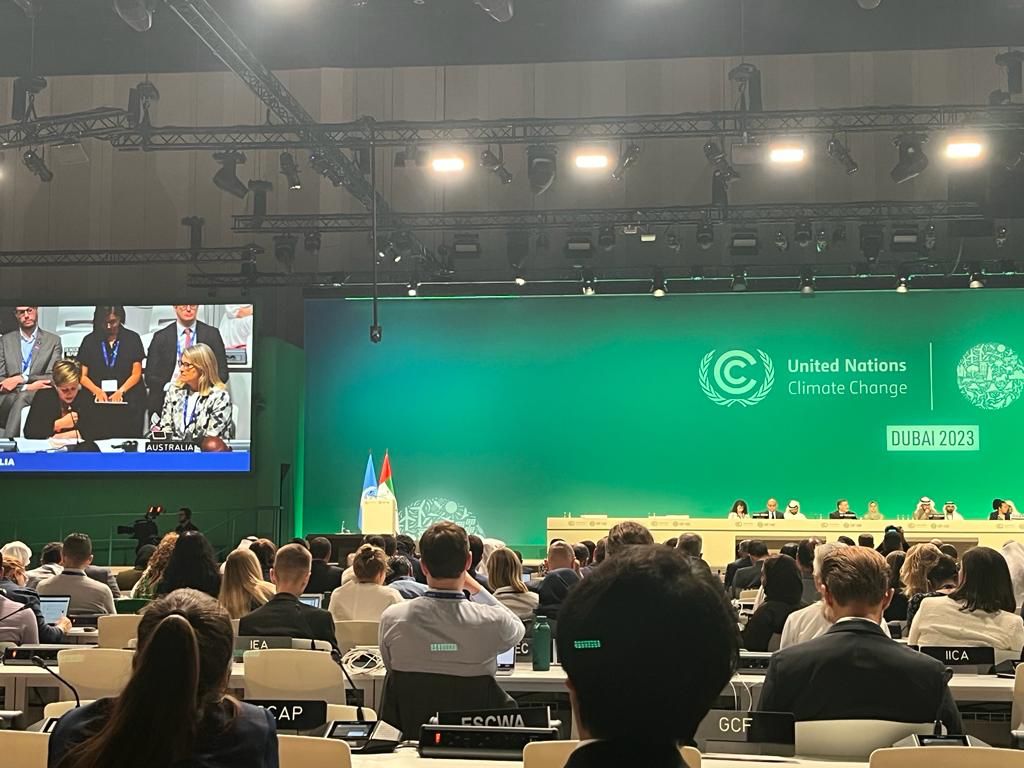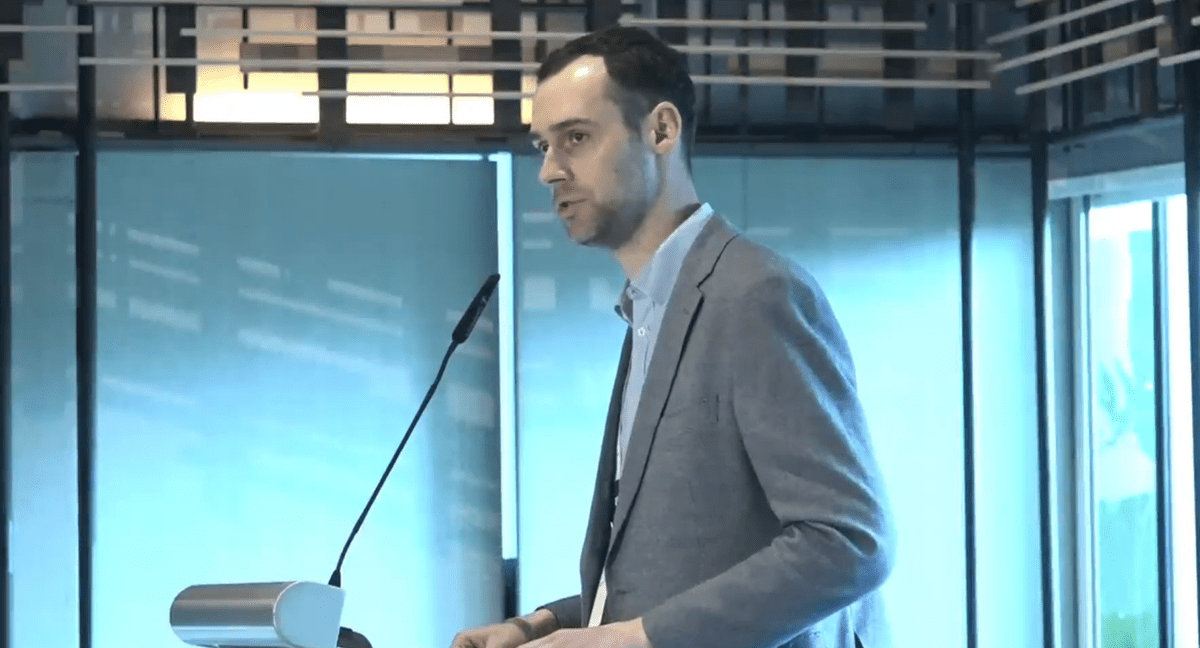The Carbon Market Institute (CMI) has today welcomed the Albanese Government’s introduction of the Safeguard Mechanism (Crediting) Amendment Bill into Parliament as a key milestone in establishing an effective regulatory framework to guide Australia’s industrial sector toward material decarbonisation so that Australian industry can remain globally competitive in a carbon-constrained economy and Australia can achieve its renewed climate ambitions.
The Bill outlines proposed changes to framework legislation that are required to implement the government’s enhanced Safeguard Mechanism that will transform it into a declining baseline and credit scheme. Crucial operational details of the scheme are anticipated in the subordinate Safeguard Rules, which will be released for consultation in the coming weeks.
Key amongst the Bill’s proposed changes is the introduction of Safeguard Mechanism Credits (SMCs) that will enable large industrial facilities to earn tradable credits when they reduce their emissions below their baselines.
The introduction of SMCs is an important market-based incentive to accelerate at source emissions reductions. Covered facilities’ ability to trade SMCs alongside Australian Carbon Credit Units (ACCUs) will help to facilitate an efficient pathway for the industrial sector to decarbonise by broadening the range and volume of market supply, but final design rules and ambition need to ensure ongoing investment in ACCUs supporting emission reduction in other sectors of the economy.
The Bill also provides important checks and balances to ensure the integrity of the enhanced Mechanism in supporting Australia’s long-term climate commitments under the Paris Agreement.
The Bill includes amendments to clarify the Minister’s administrative accountability so that the Minister must be satisfied Safeguard Rules are consistent with the achievement of Australia’s greenhouse gas emissions reduction targets and that the Rules ensure aggregate facility emissions decline over time.
The Bill rules out the creation of a strategic reserve of SMCs that could enable direct SMC provision as a support measure for emissions intensive, trade exposed (EITE) facilities but includes amendments that may allow for the creation of a strategic ACCU reserve, which the Government could use as a safety valve to manage price volatility.
CMI CEO John Connor welcomed these adjustments to the final Bill, while noting that key details – including the size and scope of such a potential strategic reserve – are still to come.
“While many industrial companies operating in Australia have made ambitious climate change commitments, a supportive policy framework is critical to supporting investment in this industrial transformation. In the absence of an effective market mechanism, business as usual analysis suggests that industrial emissions will soon overtake those of the rapidly decarbonising energy sector.”
“Whether the enhanced Mechanism can effectively drive the low-carbon transformation and future competitiveness of Australian industry will depend on some of the more detailed design elements, including a sufficiently steep baseline decline rate and appropriate support provisions for emissions intensive, trade exposed facilities. This is best provided outside the scheme through provisions such as priority funding support and we welcome dropping the idea of direct SMC provision.”
“The recommendations of the Chubb Review into ACCUs and Government response will be another determining factor and the Rules Package will need to have careful design and ambition to avoid SMCs undercutting or cannibalising investment in ACCUs supporting emission reduction in other sectors of the economy,” he said.
“CMI looks forward to participating in further consultation on the draft Rules when they are released in the coming weeks and continues to work with the government to inform the design of an efficient and effective enhanced Mechanism.”
For more details on CMI’s recommendations for Safeguard Mechanism reform, see:
- CMI submission: Safeguard Mechanism Reform – First consultation
- CMI submission: Safeguard Mechanism Reform – Consultation on draft legislation
About the Carbon Market Institute
The Carbon Market Institute (CMI) is an independent member-based institute for the transition to net zero emissions. Its 140+ members include primary producers, carbon project developers, Indigenous corporations, legal, technology and advisory services, insurers, banks, investors, corporate entities and emission intensive industries developing decarbonisation and offset strategies. The positions put forward constitute CMI’s independent view and do not purport to represent any CMI individual, member company, or industry sector.
For further information, contact John Connor on 0413 968 475 or john.connor@carbonmarketinstitute.org



